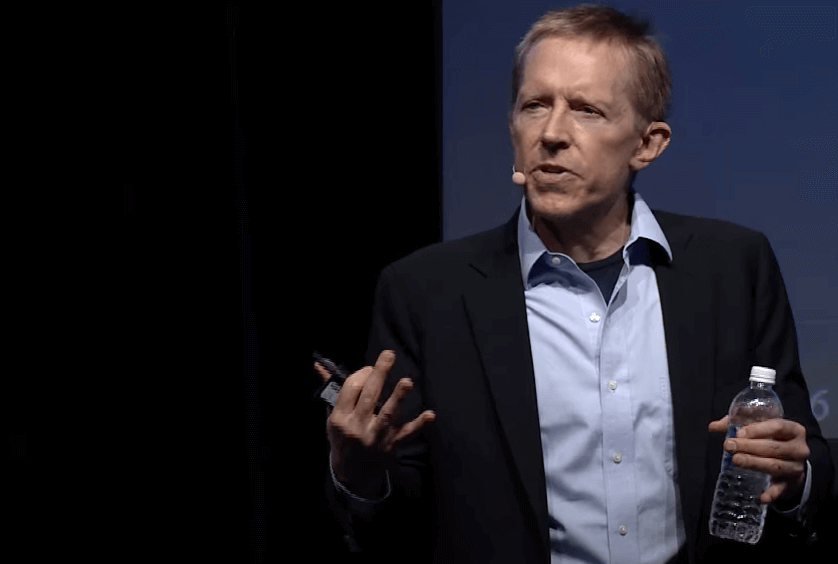Neil Howe, economist, demographer and author of a controversial theory that has aroused a lot of interest in recent months: generational theory, predicted that America would experience a major crisis by 2020.
He did so based on a number of historical models he found in his research. Together with his colleague William Strauss, Neil Howe discovered that major changes in America and other countries were closely linked to generational change, measured each generation for periods ranging from 20 to 23 years.
- Decisive changes in many countries.
- According to Neil Howe’s theory.
- Occur every four generations.
- Equivalent to a period of 80 to 90 years.
- When this period ends.
- A radical transformation in political and social structures seems to be taking place.
“Generation Y”, the generation of Generation Y, which feels that it will never reach the standard of living of its parents, can, by voting, achieve complete change in our economic institutions. -Neil Howe-
Neil Howe’s early studies appeared in a book titled Generations in 1991, however, generational theory was incorporated into The Fourth Turning in 1997 and it was in the latter book that they predicted a major crisis by 2020.
At no point did the authors mention health problems, much less, what they predicted was a major social disorder associated with an economic and political crisis, they are convinced that in both the United States and other countries there are cycles of major crises that work, such as the cycle of seasons.
In their research, they have shown that, historically, generational cycles coincided with important events, in their order: the Glorious Revolution, the American Revolution, the Civil War, World War II, and the Great Depression.
Neil Howe and Strauss propose the existence of four types of generations, each of which coincides with a particular archetype. The first turn, or the first generation of each cycle, according to researchers, is like a spring, is a generation that emerges after a major crisis.
This first change gave rise to orderly societies, with strong institutions and a great sense of collective progress. Individualism has no place and the prevailing are majority cultures. Howe and Strauss call it the “silent generation. “
The second turn, or second generation, is like summer, it is characterized by behaviors contrary to the previous generation, there is a great reaffirmation of individualism and a significant difficulty in adapting to pre-established norms.
It is a passionate and very creative generation, virtue that helps them make great changes in culture and values, are also drivers of change in religious issues and tend to generate awakenings in different fields.
The third or third generation, from the point of view of Neil Howe and William Strauss, corresponds to the fall; in it irresponsible individualism prevails, in which the sense of community or community practically disappears; the authors argue that cynicism and bad habits predominate.
Members of the third generation want to fully affirm their individuality and, as a result, cause great sources of inequality and injustice. They have a weak civic identity and seek above all to protect individual freedom.
The fourth or fourth generation of the cycle is winter, it corresponds to the stages in which a great political and social crisis is triggered, it is characterized by a renewal of the civic sense and community value, the authors indicate that this cycle usually coincides with war. or armed confrontation.
Neil Howe and William Strauss claim to have been able to detect these cycles, especially in American history; however, they are also observed in Eastern Europe and South and East Asia; in fact, they think the whole world is going through a similar cycle, starting with World War II.
Neil Howe predicts that as 2020 progresses and in the coming years, there will be an increasingly radical call for governments to do more, radical conservatism is losing strength, and new social alternatives are emerging.
Neil Howe believes that the world is already in the second half of the fourth round, which means that major transformations are coming and that there is a possibility of major war events. What can be expected, based on this theory, is a radical change. transformation in the coming years. We’ll see if they’re right.

